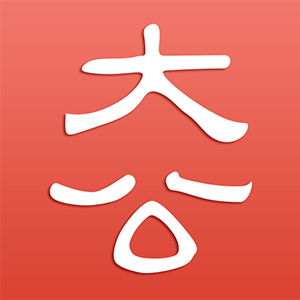
Two years ago today, the "Occupy movement" took place and lasted for 79 days, causing heavy losses in economy and people's livelihood and having adverse effects socially and politically. Today, the opposition wants to take to the street to "commemorate" the event with great fanfare. The Occupy movement bringing untold suffering and damage to Hong Kong and the people has nothing to be "commemorated". On the contrary, it is necessary to continue denouncing it and further expose its disastrous effects.
As a matter of fact, in the afternoon of the 28th, September 2014, following Benny Tai Yiu-ting's announcement to start Occupy Central after the so-called "three student leaders" broke into the forecourt of government headquarters [in Admiralty] in the previous night, a large number of people rushed to gather in Admiralty and nearby, blocking traffic. The police were forced to fire over 80 rounds of tear gas to disperse. The number of people gathered there increased in the dusk, and some of them continued to "stay" and occupy the area afterwards. The Occupy movement also extended to Causeway Bay, Wan Chai and Mong Kok. With violent confrontations and conflicts happening from time to time, the Occupy movement came to an end 79 days later.
During that period of time chaos unseen before occurred in Hong Kong society. The area in front of the government headquarters and near Tamar Park was wantonly occupied with tents erected everywhere. Civil servants had to make a detour going to work. Vehicles could not drive to pass Queensway and Lung Wo Road. Crowd control barriers used by police to maintain public order were taken by occupants and used as "anti-barricade" to prevent police from enforcing the law. A dignified international financial hub, the "Pearl of the Orient", was distorted beyond recognition, with public security and social order becoming almost all gone. Many citizens living in Hong Kong for generations had never seen such a chaotic situation of openly breaking the law.
Today, the Occupy movement has long been over, but its disastrous effects have yet to be nulified. In the past two years, the damaging effects left by Occupy Central have been successively showing up politically, economically and socially, and continue to infect the next generations.
Among others, damaging the rule of law is one of the most obvious damaging effects left by Occupy Central. Originally, public order and the rule of law used to be one of the core values cherished the most in Hong Kong society. But a law-breaking Occupy movement has greatly weakened or even "dwarfed" this traditional core value. The younger generations no longer take law-abiding for granted, but seeing making pointed sticks, masks and shields to confront police officers as "valiant". The scene of throwing bricks in Mong Kok in the night of the Lunar New Year is an upgraded version of law-breaking Occupy Central in terms of jeopardising public order.
However, jeopardising public order and damaging the rule of law is but the "least severe" damaging effect of Occupy Central. The most severe damaging effect of Occupy Central is setting off an evil upsurge of openly resisting the Central Government and denying "one country two systems" at the political level. During the Occupy movement, topics such as "striving for Hong Kong people's self-determination" and "safeguarding local interests" began to be brought up at the so-called "democratic square" and on Apple Daily. And more bare-faced advocate for "independence for Hong Kong" also jumped onto Hong Kong's political stage right after the Occupy movement.
Of course, since Hong Kong's return to Chinese sovereignty in 1997 there have been antagonist forces and voices. But antagonism, how fierce it might be, has been limited to targeting at the SAR Government's governance and some of the Central Government's Hong Kong-concerned policies and measures. Openly denying "one country two systems" and the Basic Law, denying the 1997 handover, denying Hong Kong as an inseparable part of China and openly advocating political appeals with strong separatist ideas such as Hong Kong people's "autonomy, self-governance and self-determination", came into being for the first time after the Occupy movement. (to be continued)
28 September 2016